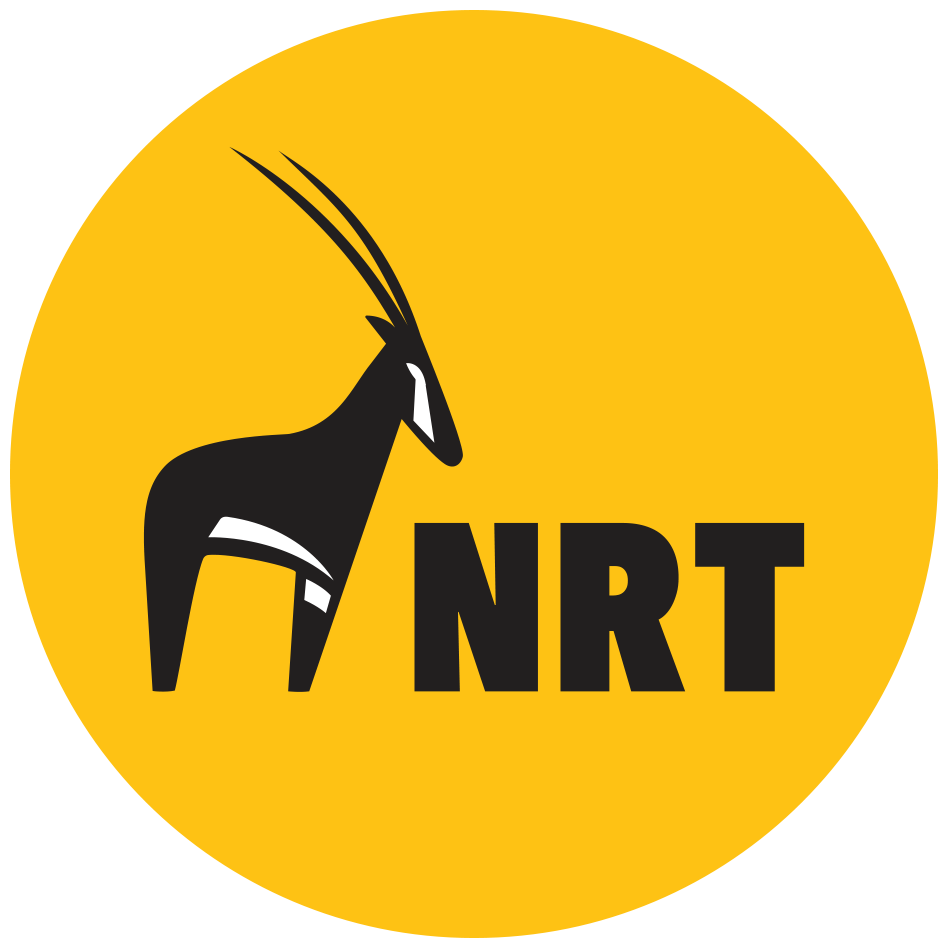Celebrating Community-Led Conservation in Washington, DC
Tom Lalampaa, NRT CEO, speaks to the success of community-led conservation in Kenya. Photo by Riccardo Savi.
As part of their mission to create a planet in balance, National Geographic created Last Wild Places (LWP), a decade-long initiative to help protect the places that help sustain life on Earth. LWP has partnered with NRT to support community-led conservation, which they see as a vehicle for transforming the role of indigenous communities in advancing a sustainable future for people and wildlife. LWP will capture best practices, amplify the scale of NRT’s efforts, and jointly develop and share tools, technology, and training that will greatly increase the impact of the broader conservation sector.
LWP is working to reach their goal to protect 30% of the planet by 2030 as part of the Wyss Foundation’s Campaign for Nature. To amplify the scale of NRT’s efforts, the Society hosted an event on April 3 2019 in Washington DC that—for the first time on a global stage—gave voice to the pastoralist communities of northern Kenya. NRT CEO Tom Lalampaa spoke about the importance of community-based conservancies, how they are reshaping the conservation paradigm not just in Kenya, but across Africa, and how this model is the best chance of averting a massive decline in wildlife populations.
National Geographic filmmaker Pete McBride showed a preview of his series of short films, funded by the United States Agency for International Development (USAID), highlighting the work of NRT and local community members. The event concluded with a panel discussion with NRT leadership including Lalampaa, NRT Board Chairman Hon. Mohamed Elmi, NRT Board Vice Chair Hon. Abshiro Halake, NRT West Regional Director Rebecca Kochulem, and NRT BeadWORKS Productions Manager Beatrice Lemparia, with BBC host Katty Kay serving as moderator.
This event was hosted in partnership with The Nature Conservancy, USAID, and the Wyss Foundation in support of the Campaign for Nature. These organizations are current funders of NRT and were represented by members of their leadership team including Julie Koenen, deputy assistant administrator for USAID’s Africa Bureau, Matt Brown, regional managing director at The Nature Conservancy, and Andrew French, conservation policy program manager at the Wyss Foundation.
“NRT is an exceptional example of how community conservancies can help both wildlife and people thrive” said Emily Kelly, Marketing and Engagement Specialist for Science and Exploration Programs at National Geographic. “Through the leadership of Lalampaa’s team, NRT has produced enduring conservation solutions designed by local communities who want to protect their lands and resources for future generations. This model can be scaled around the globe, and will be key to protecting 30 percent of the planet by 2030. As NRT has demonstrated, a community in balance leads to a planet in balance.”

